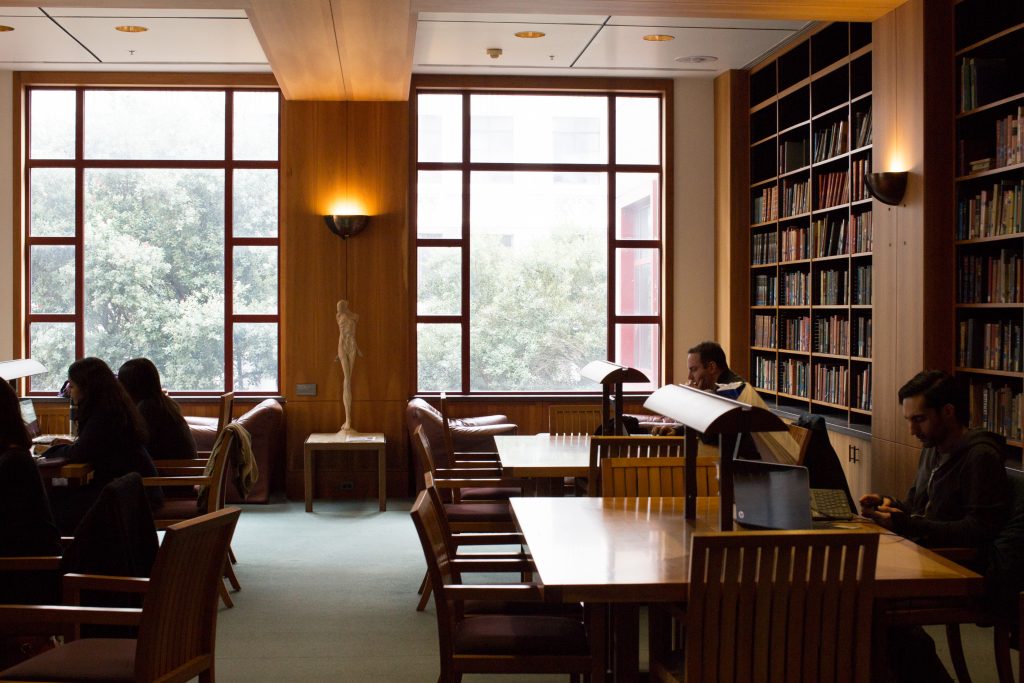
Over three thousand dissertations and theses digitized from UCSF’s archives, originally submitted to the university between 1965 and 2006, were added to eScholarship this year. These titles cover topics as disparate as the pregnancy experiences of black women, AIDS and identity in the gay press of the 1980s, and models for examining the clearance of drugs from the liver. Before the project was undertaken to add these dissertations and theses to eScholarship, accessing them was challenging: you may have been able to find one in a database if you were at a subscribing institution, but if the title was old enough, your only option might have been to travel to California and visit a library storage facility.
This is the case with dissertation literature around the world, especially older dissertations. Unique work produced by graduate students at thousands of academic institutions, representing their intellectual labor and that of their advisors and committees, sits behind paywalls or worse. As a result, researchers are often thwarted in trying to track down a citation to what sounds like the perfect source for their own studies.
“I am extremely proud of the tremendous amount of work completed by everyone associated with this project,” commented Christian Sweatt. Sweatt is the Student Services Advisor in the UCSF Graduate Division Dean’s Office. Sweatt continued, “Not only does open access further UC’s mission to make our students’ research freely accessible to anyone who is interested, but this project also enables our students’ groundbreaking research to be discoverable, recognized on a much broader plane, easily referenced, and included in further research. This is a big win for everyone involved!”
Needhi Bhalla, now a professor at UC Santa Cruz, is the author of “Sister chromatid separation in budding yeast,” one of the recently opened dissertations. “Wow, I experienced so many emotions upon seeing the digital version of my thesis,” said Bhalla. “Being able to look back on my graduate work reminds me of how much work I did, some of which got formally published and some of which did not. I’m grateful to this project for making all of this information available through eScholarship.”
Newer dissertations and theses — going back to 2007 — had been submitted electronically and were already available in eScholarship. Making older works available, however, proved complex. Even though the volumes had already been scanned as part of UC’s work with the Google Books project and the HathiTrust Digital Library, many questions remained. What permissions did students grant the university when they filed their dissertation paperwork? How could the image files generated by the scanning process be converted to document files for eScholarship? Where would the record data come from, so that each document’s title and author displayed properly? Answering these questions and several more required the expertise of numerous people at UCSF and the California Digital Library.
Several meetings, rounds of trial and error, and problems solved later, these works of scholarship are now free to read for anyone in the world. On top of that, now that this pilot has established workflows for projects like this, other dissertations may be able to follow the same path and join them — and those from UC Davis that were recently opened up in HathiTrust — in finding new audiences.
